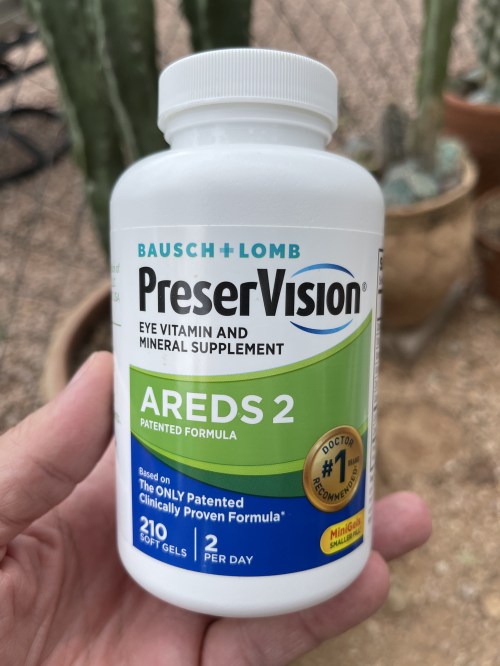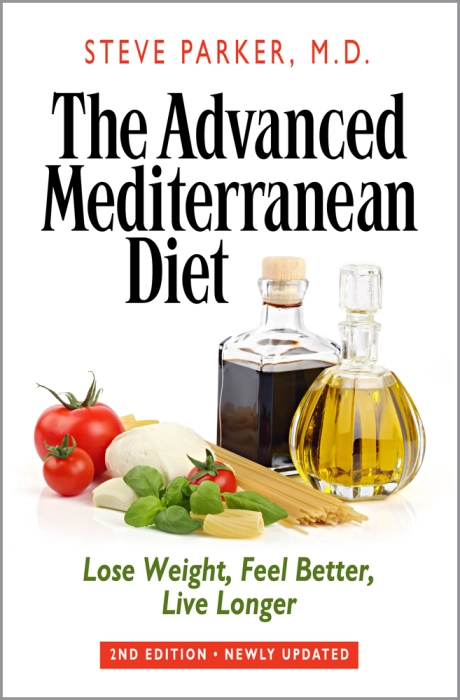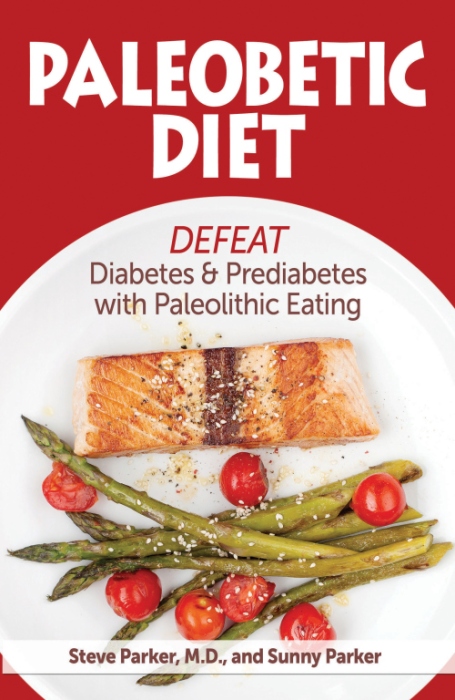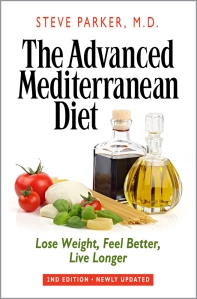In my recent review of The Blood Sugar Solution, I noted the numerous supplements recommended by Dr. Mark Hyman: between 11 and 16 supplements. And one of those supplements is a multivitamin/multimineral supplement that has 20 or so different components.
 One reason we need the supplements, according to Dr. Hyman, is because the soils in which we grow food over the years has been depleted of minerals and other basic plant building blocks.
One reason we need the supplements, according to Dr. Hyman, is because the soils in which we grow food over the years has been depleted of minerals and other basic plant building blocks.
I know one doctor who told his patients the same thing while selling them over-priced supplements straight from his office.
So is there any truth to the “soil depletion” argument for supplements?
Not much, if any, according to Monica Reinagel. She reviewed the topic in 2010 at her Nutrition Diva blog: http://nutritiondiva.quickanddirtytips.com/are-fruits-and-vegetables-getting-less-nutritious.aspx. I trust Monica. In the same article, you’ll find links to her opinion on whether organic vegetables are healthier and worth the cost.
I’ve not done a comprehensive review of the soil depletion issue myself. It’s quite a difficult area to research; try it and you’ll see. The Soil Science Society of America, founded in 1936, sounds like a great place to find the answer. No such luck.
The U.S. is a huge country with lots of different soil types and usage histories. Soils in one field may be depleted in certain components whereas the field across the road may be quite rich. Soils are not static. Farmers are always making amendments to the soil, either with fertilizers or other additives, or by rotating crops.
Wouldn’t you think farmers, whether small family units or huge corporate enterprises, would do what’s necessary to keep their soils productive?
![MP900433084[1]](https://advancedmediterranean.com/wp-content/uploads/2012/03/mp9004330841.jpg?w=200) Another way to look at soil depletion would be to look at the nutrient content of the plants and animals that depend on soil for life. The U.S. Department of Agriculture did that in its 2004 publication, “Nutrient Content of the U.S. Food Suppy, 1909-2000.” This paper includes 10 vitamins and nine minerals. For the boring details, see http://www.cnpp.usda.gov/publications/foodsupply/foodsupply1909-2000.pdf. Some excerpts:
Another way to look at soil depletion would be to look at the nutrient content of the plants and animals that depend on soil for life. The U.S. Department of Agriculture did that in its 2004 publication, “Nutrient Content of the U.S. Food Suppy, 1909-2000.” This paper includes 10 vitamins and nine minerals. For the boring details, see http://www.cnpp.usda.gov/publications/foodsupply/foodsupply1909-2000.pdf. Some excerpts:
Levels for most vitamins and minerals were higher in 2000 than in 1909.
Levels for vitamin B12 and potassium were lower in 2000 than in 1909, but over the series, met or exceeded current recommendations for a healthy diet….
The authors attibute lower potassium availability to lower consumption of plant foods, especially fresh potatoes. I’m increasingly interested in the possibilty that low potassium consumption may contribute to heart disease and premature death. But that’s a topic for another day.
I’m skeptical about claims of widespread soil depletion in the U.S. as a cause of food supply degradation. Supplement sellers are sure to disagree. To be sure you’re getting the nutrients you need, eat a wide variety of foods.
Steve Parker, M.D.
PS: The American Council on Science and Health has a brief article on whether everybody needs a multivitamin/multimineral supplement.
New research is questioning the benefits of taking supplemental vitamins and minerals, suggesting that, for the general population, such supplements may actually pose more risks than benefits.
Click for the full article: http://www.acsh.org/factsfears/newsid.3067/news_detail.asp
PPS: Oregon State University’s Linus Pauling Institute published a long article on the multivitamin/multimineral supplement issue. It seems fairly balanced to me. The Institute notes the 2006 National Institutes of Health assessment that we have insufficient evidence to recommend either for or against such supplementation (Annals of Internal Medicine, 145(5), 2006: 364-371). Nevertheless, the Linus Pauling Institute recommends supplementation as “insurance.” You know, just in case.










![MP900433084[1]](https://advancedmediterranean.com/wp-content/uploads/2012/03/mp9004330841.jpg?w=200)
